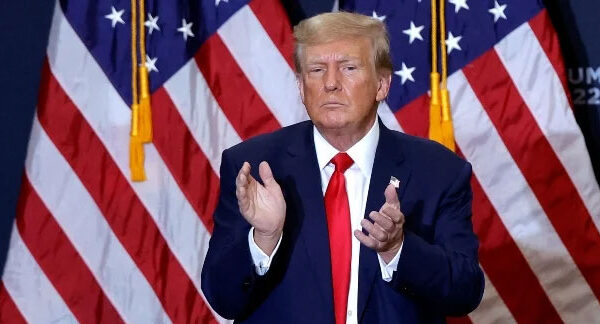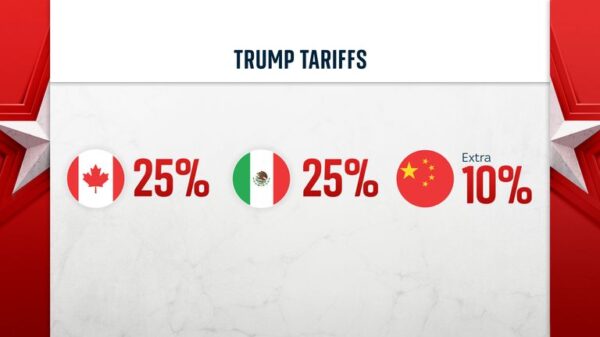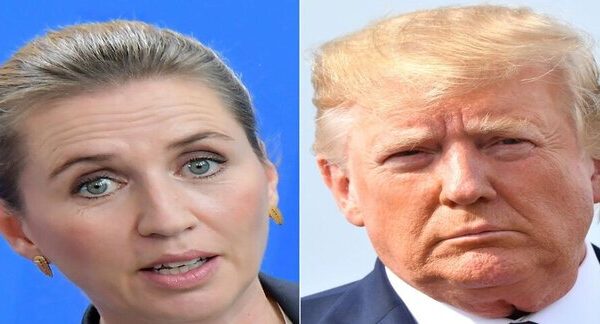A heated debate is unfolding behind the grand doors of the Royal Society, one of the world’s most prestigious scientific academies. On Monday evening, 150 members gathered in what many are calling a crisis meeting. The reason? Elon Musk.
Royal Society Members Challenge Elon Musk’s Role
Elon Musk, who became a fellow of the Royal Society in 2018, is now at the center of growing controversy. Over the past nine months, many scientists have raised concerns about his actions, calling them a threat to science.
As a senior figure in President Trump’s Department of Government Efficiency (Doge), Musk has overseen deep funding cuts to scientific research in the U.S. Additionally, he has been accused of spreading misinformation on his social media platform, X.
The Royal Society has not directly addressed Musk’s fellowship. However, after the recent meeting, it issued a statement emphasizing the need to “step up its efforts to advocate for science and scientists.”
Calls to Expel Elon Musk Gain Momentum
Expelling a Royal Society fellow is rare. The Royal Society ousted German scientist Rudolf Eric Raspe over fraud allegations 150 years ago. Now, Musk’s membership is sparking intense debate.
Two respected scientists, Dr. Dorothy Bishop from Oxford University and Prof. Andrew Millar from the University of Edinburgh, have resigned in protest. They argue Musk’s behavior contradicts the society’s ethical standards.
In addition, over 3,300 scientists have signed a letter led by Prof. Stephen Curry of Imperial College London, expressing “deep concern” over Musk’s continued fellowship. While Curry has not explicitly called for Musk’s expulsion, he insists an open debate is necessary.
Divided Opinions on Elon Musk’s Membership
Not everyone agrees that Musk should be removed. Nobel Prize-winning physicist Prof. Sir Andre Geim from Manchester University defended him, saying, “Musk is eccentric, but his achievements surpass those of many Royal Society members.”
Others argue that removing Musk could set a dangerous precedent for freedom of speech. Some researchers believe his dismissal could be seen as political interference rather than an ethical decision.
However, Prof. George Efstathiou from Cambridge disagrees. “If someone disregards the truth and spreads misinformation, that speaks to their ethical standards. That’s not political,” he stated.
What’s Next for Elon Musk at the Royal Society?
The Royal Society avoids political conflicts, but this situation has pushed it into uncharted territory. Last week, it released a statement warning that science is “under threat” due to “ideological agendas” restricting research and cutting funding.
Fiona Fox, CEO of the Science Media Centre and a Royal Society fellow, warns of an alarming trend. “In the U.S., data sets are being removed, and research pages are disappearing. This is knowledge suppression, and it’s terrifying,” she said.
With tensions rising, the question remains: Will Elon Musk keep his place in one of the world’s most prestigious scientific communities, or will history repeat itself?








